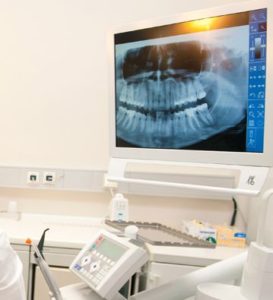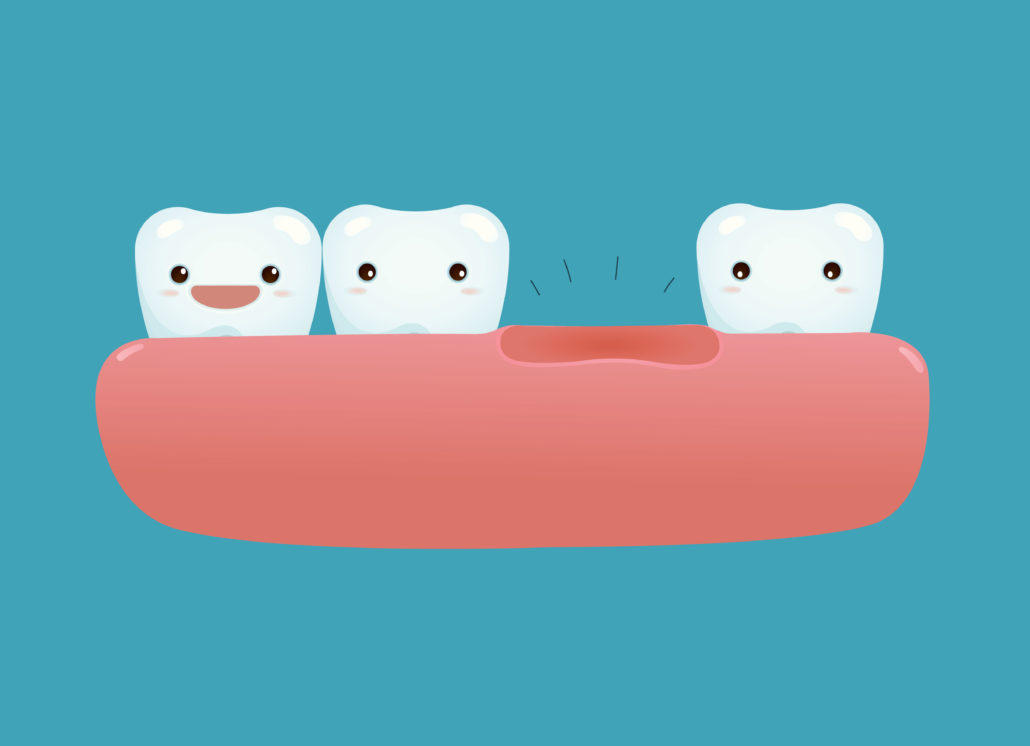The loss of a tooth is a worry for everyone. We certainly do not remain indifferent to a missing tooth. Despite this, a common attitude to those who face this type of problem is to postpone the decision to be made over time.
Faced with the loss of a tooth, the desire is certainly to replace it, but this is not always the case. There are those who take time out of fear of the dentist, those who think that it is not the right time, those who prevaricate on economic matters. Each has its own reasons, but what does the replacement of a missing tooth entail over time?
The consequences of losing a tooth
Aesthetic aspect
This is clearly the first and most obvious consequence. An imperfect smile, with a missing tooth, is not nice to see, first of all for themselves. Not only. Following the loss of a tooth, the gradual process of bone resorption begins. In the absence of the teeth, the maxillary bone begins to lose its thickness and gradually tapers. The lack of bone changes the aesthetic profile of the face, chin and nose get closer, wrinkles appear on the sides of the mouth. The longer you remain toothless, the more aesthetic facial defects are accentuated.
nice to see, first of all for themselves. Not only. Following the loss of a tooth, the gradual process of bone resorption begins. In the absence of the teeth, the maxillary bone begins to lose its thickness and gradually tapers. The lack of bone changes the aesthetic profile of the face, chin and nose get closer, wrinkles appear on the sides of the mouth. The longer you remain toothless, the more aesthetic facial defects are accentuated.
Psychological distress
In addition to an aesthetic aspect that is not in line with one’s expectations, there is also the psychological discomfort that is created. Going to dinner with friends or simply stopping for a chat could become very difficult to face for those who have suffered the loss of one or more teeth. Interpersonal relationships are severely compromised.
Difficulty chewing
The primordial function of the teeth is to chew food. In fact, the evolution of the teeth has changed over the course of human history to adapt to different types of nutrition. With the loss of one tooth or several teeth, the chewing function is severely impaired. Eating a steak or other hard food could be a real problem as well as causing discomfort. Not chewing properly can also have serious repercussions on digestion.
Bone atrophy
The more time you spend with a tooth loss, the more risk there is of a bone atrophy. The absence of bone, due to bone resorption, can make rehabilitation through implantology much more complex.
Malocclusion
The absence of a tooth can affect the alignment of the entire dental arches. If a tooth falls out, its opposite will not have the right support and even the neighboring teeth will have a vacuum that they will tend to fill. The lack of alignment of the arches also causes disturbances in the muscles and bones, also affecting posture.
Pronunciation problems
A missing tooth makes the pronunciation of some letters such as “S” and “F” more difficult or changed in sound, also creating some embarrassment and frustration.
We wrote this article gathering some of the testimonies of those patients who, tired of these conditions, decided to turn to our dental implantology center in Milan. As we say to each of them, booking the dental visit is the courageous and decisive step towards a new life and a new smile. Contact Us!
















